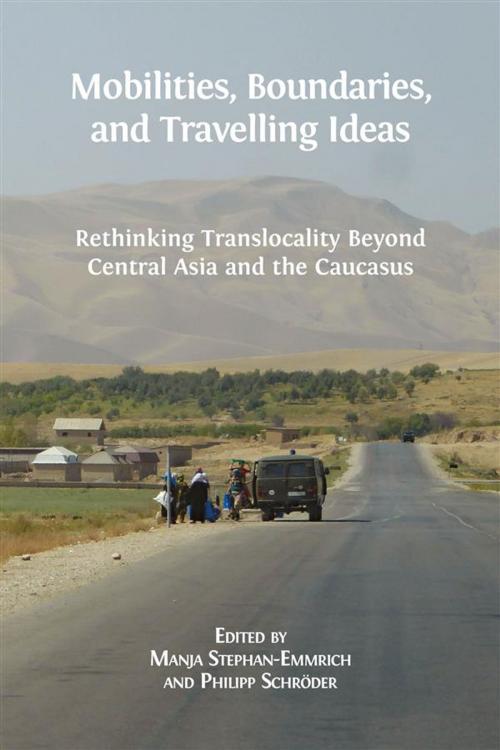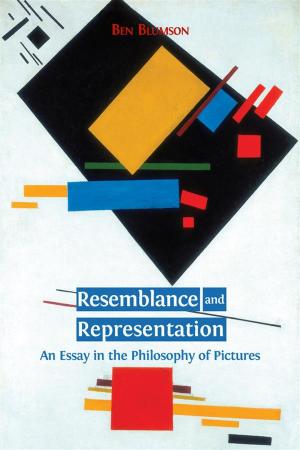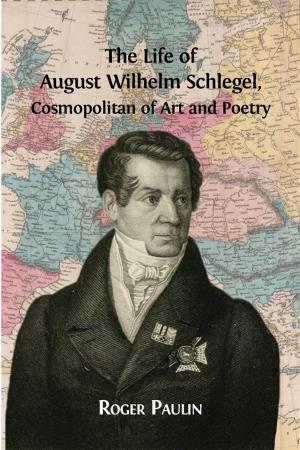Mobilities, Boundaries, and Travelling Ideas
Rethinking Translocality Beyond Central Asia and the Caucasus
Nonfiction, Social & Cultural Studies, Social Science, Human Geography, Anthropology| Author: | Manja Stephan-Emmrich, Philipp Schröder | ISBN: | 9781783743360 |
| Publisher: | Open Book Publishers | Publication: | April 17, 2018 |
| Imprint: | Language: | English |
| Author: | Manja Stephan-Emmrich, Philipp Schröder |
| ISBN: | 9781783743360 |
| Publisher: | Open Book Publishers |
| Publication: | April 17, 2018 |
| Imprint: | |
| Language: | English |
This collection brings together a variety of anthropological, historical and sociological case studies from Central Asia and the Caucasus to examine the concept of translocality. The chapters scrutinize the capacity of translocality to describe, in new ways, the multiple mobilities, exchange practices and globalizing processes that link places, people and institutions in Central Asia and the Caucasus with others in Russia, China and the United Arab Emirates.
Illuminating translocality as a productive concept for studying cross‐regional connectivities and networks, this volume is an important contribution to a lively field of academic discourse. Following new directions in Area Studies, the chapters aim to overcome ‘territorial containers’ such as the nation‐state or local community, and instead emphasize the significance of processes of translation and negotiation for understanding how meaningful localities emerge beyond conventional boundaries.
Structured by the four themes ‘crossing boundaries’, ‘travelling ideas’, ‘social and economic movements’ and ‘pious endeavours’, this volume proposes three conceptual approaches to translocality: firstly, to trace how it is embodied, narrated, virtualized or institutionalized within or in reference to physical or imagined localities; secondly, to understand locality as a relational concept rather than a geographically bounded unit; and thirdly, to consider cross‐border traders, travelling students, business people and refugees as examples of non-elite mobilities that provide alternative ways to think about what ‘global’ means today.
Mobilities, Boundaries, and Travelling Ideas will be of interest to students and scholars of the anthropology, history and sociology of Central Asia and the Caucasus, as well as for those interested in new approaches to Area Studies.
This collection brings together a variety of anthropological, historical and sociological case studies from Central Asia and the Caucasus to examine the concept of translocality. The chapters scrutinize the capacity of translocality to describe, in new ways, the multiple mobilities, exchange practices and globalizing processes that link places, people and institutions in Central Asia and the Caucasus with others in Russia, China and the United Arab Emirates.
Illuminating translocality as a productive concept for studying cross‐regional connectivities and networks, this volume is an important contribution to a lively field of academic discourse. Following new directions in Area Studies, the chapters aim to overcome ‘territorial containers’ such as the nation‐state or local community, and instead emphasize the significance of processes of translation and negotiation for understanding how meaningful localities emerge beyond conventional boundaries.
Structured by the four themes ‘crossing boundaries’, ‘travelling ideas’, ‘social and economic movements’ and ‘pious endeavours’, this volume proposes three conceptual approaches to translocality: firstly, to trace how it is embodied, narrated, virtualized or institutionalized within or in reference to physical or imagined localities; secondly, to understand locality as a relational concept rather than a geographically bounded unit; and thirdly, to consider cross‐border traders, travelling students, business people and refugees as examples of non-elite mobilities that provide alternative ways to think about what ‘global’ means today.
Mobilities, Boundaries, and Travelling Ideas will be of interest to students and scholars of the anthropology, history and sociology of Central Asia and the Caucasus, as well as for those interested in new approaches to Area Studies.















